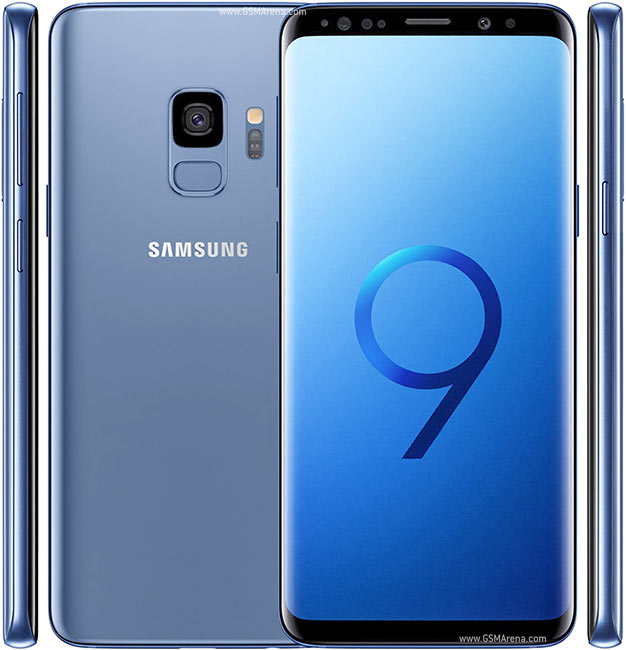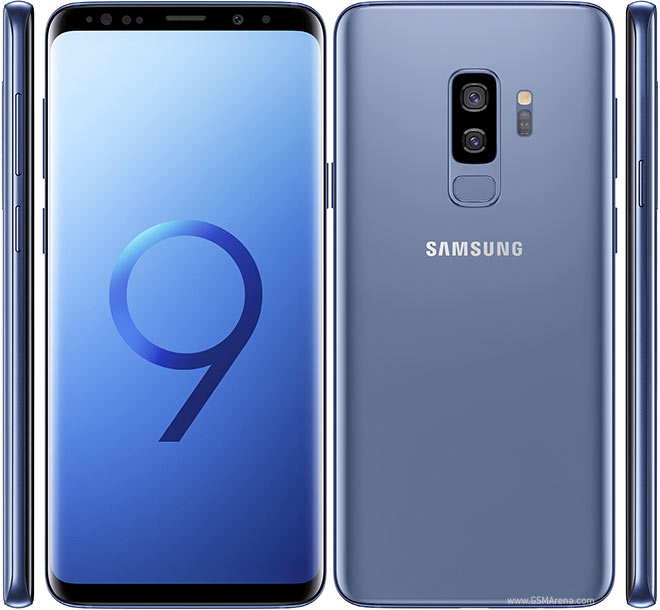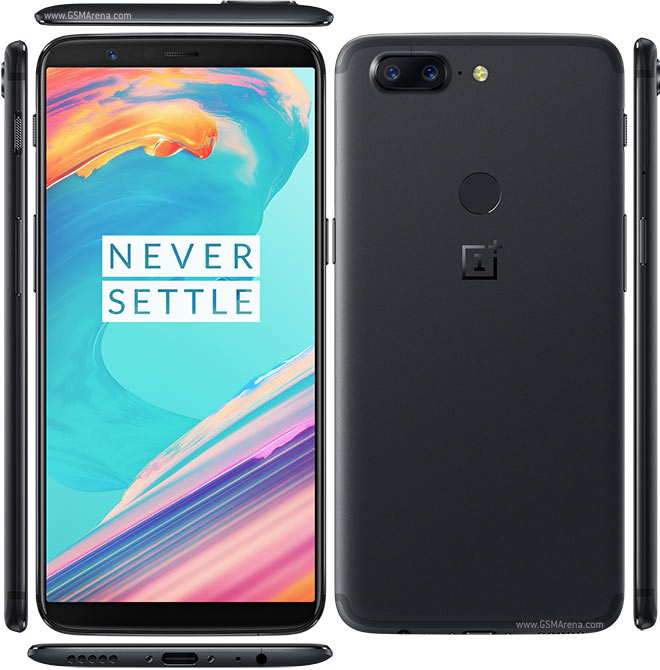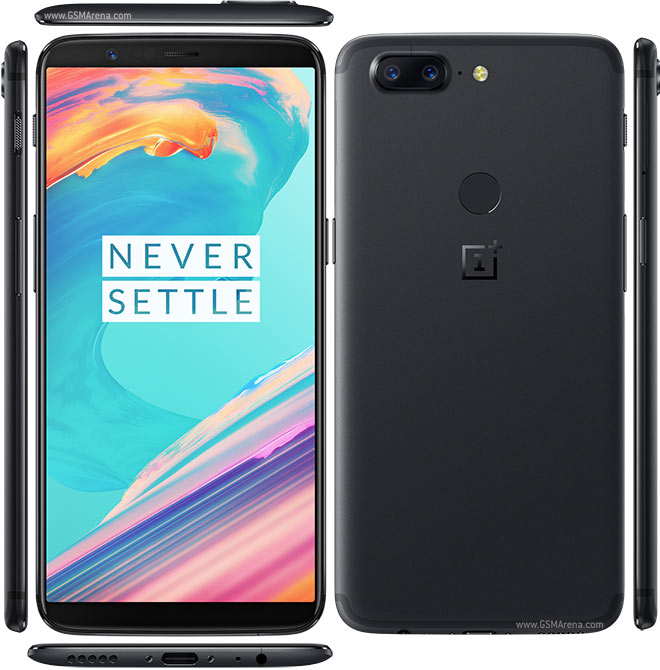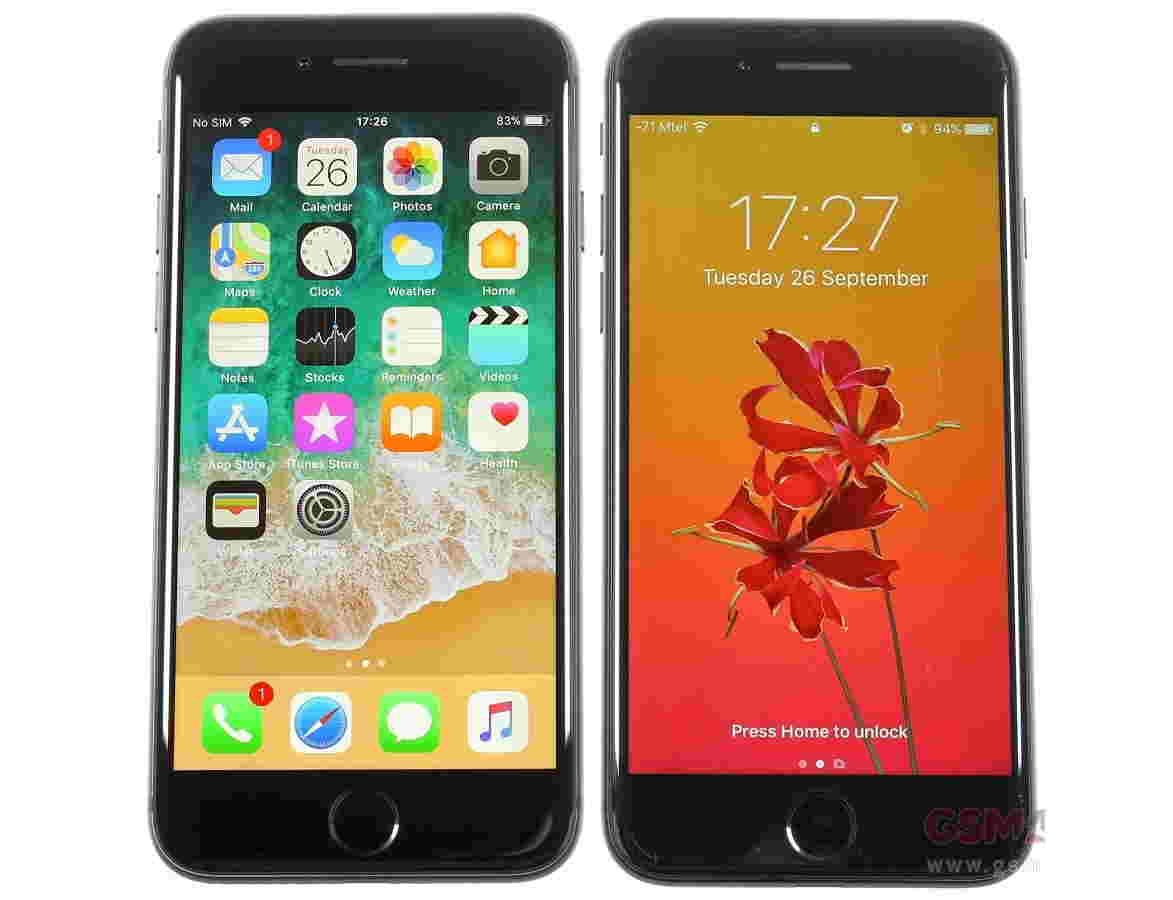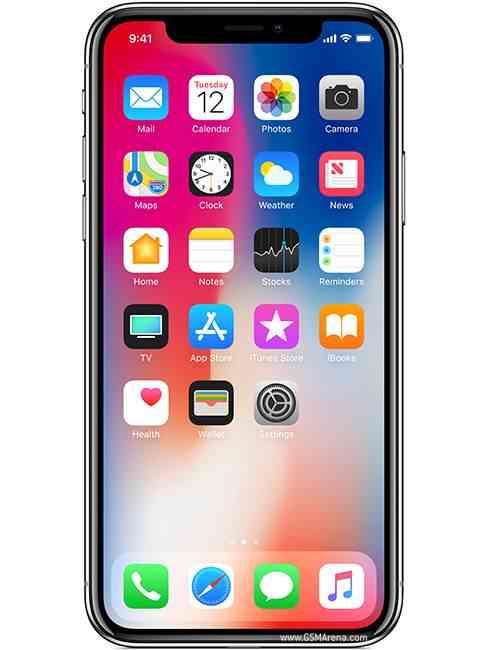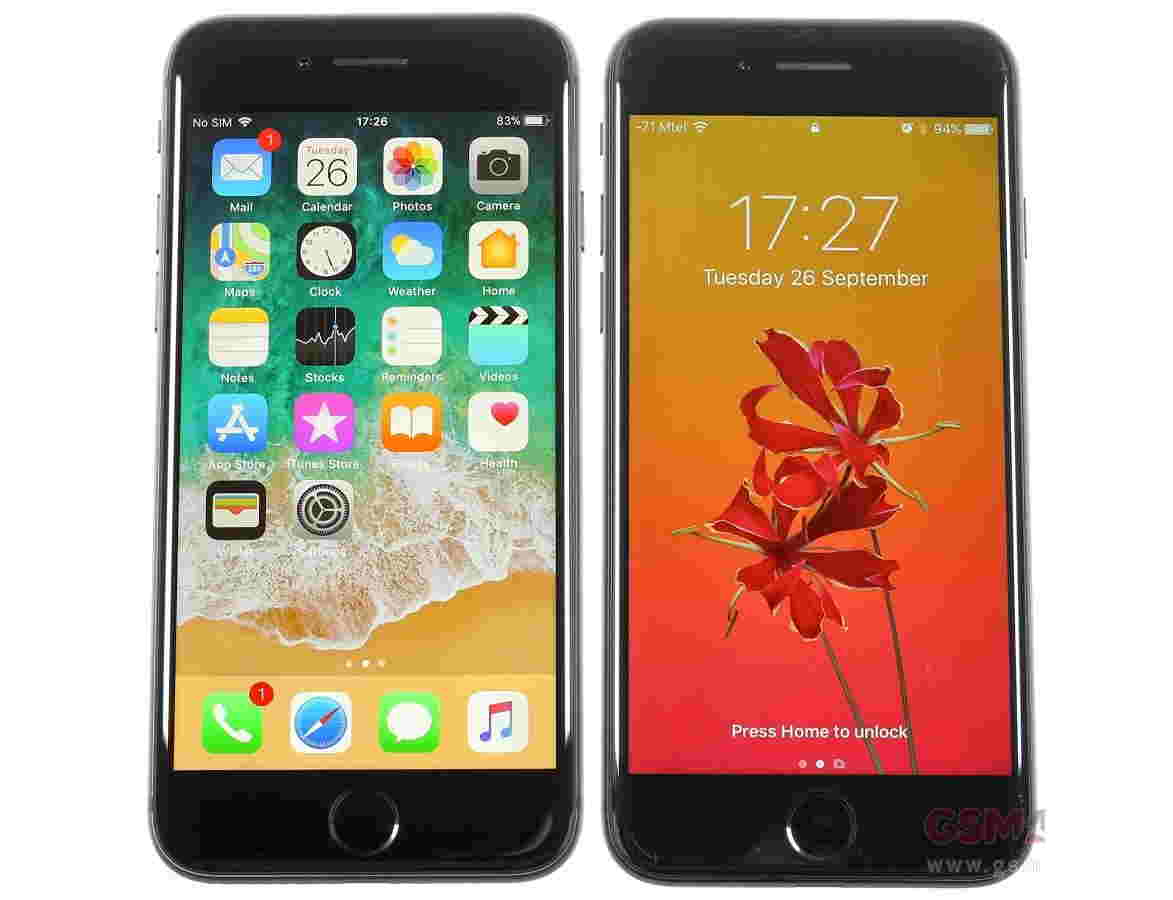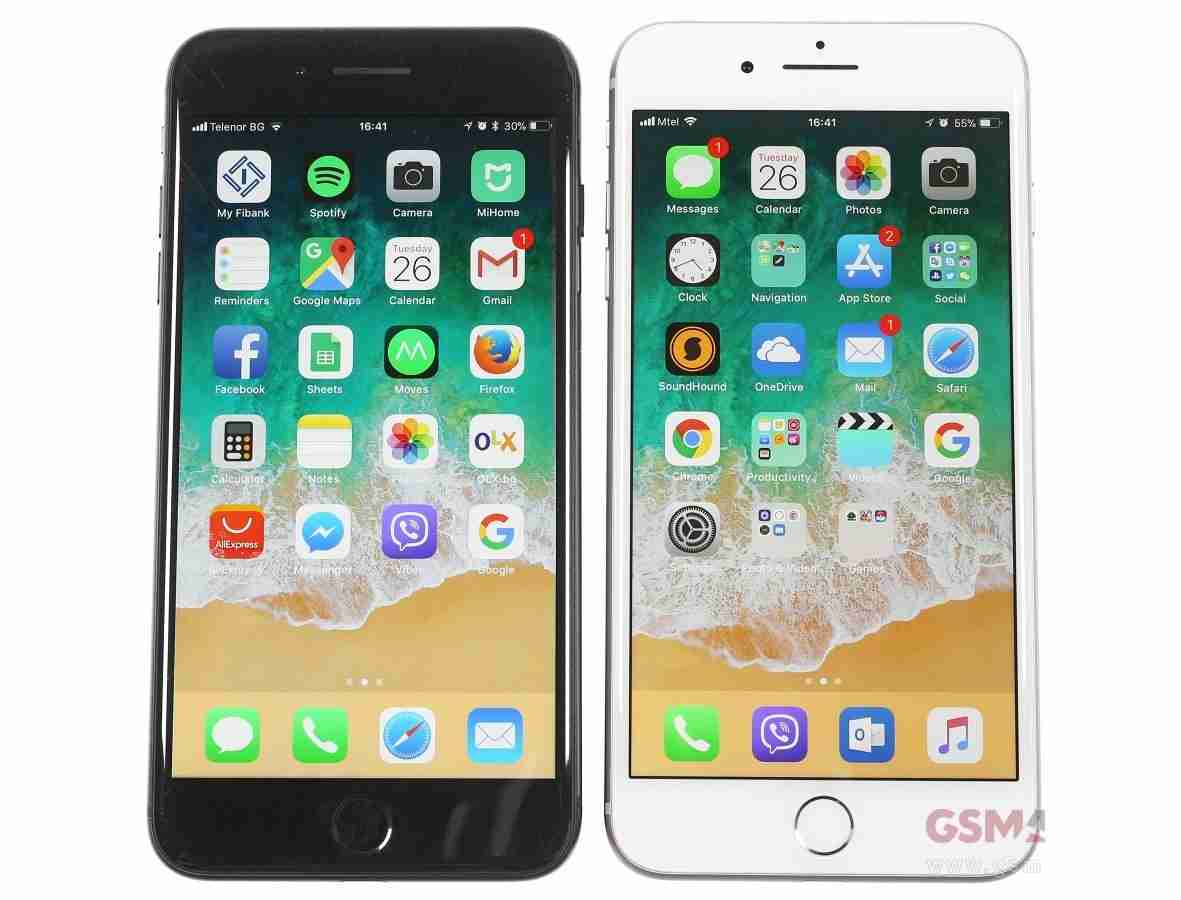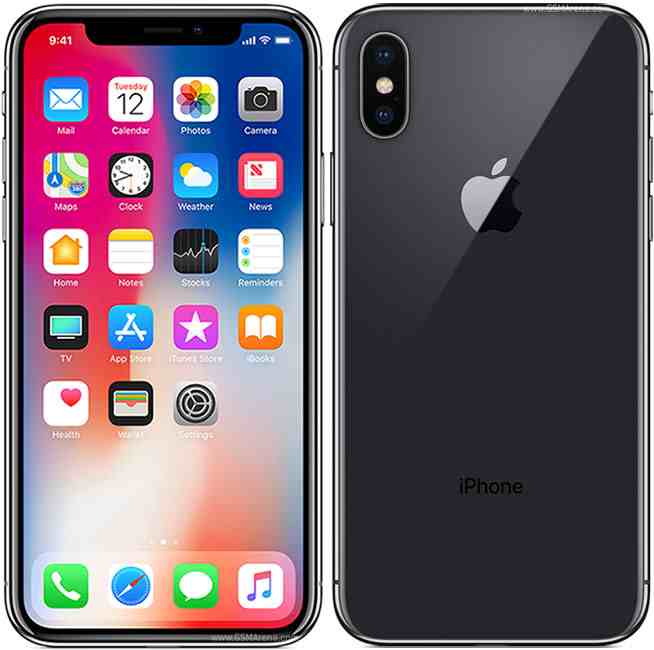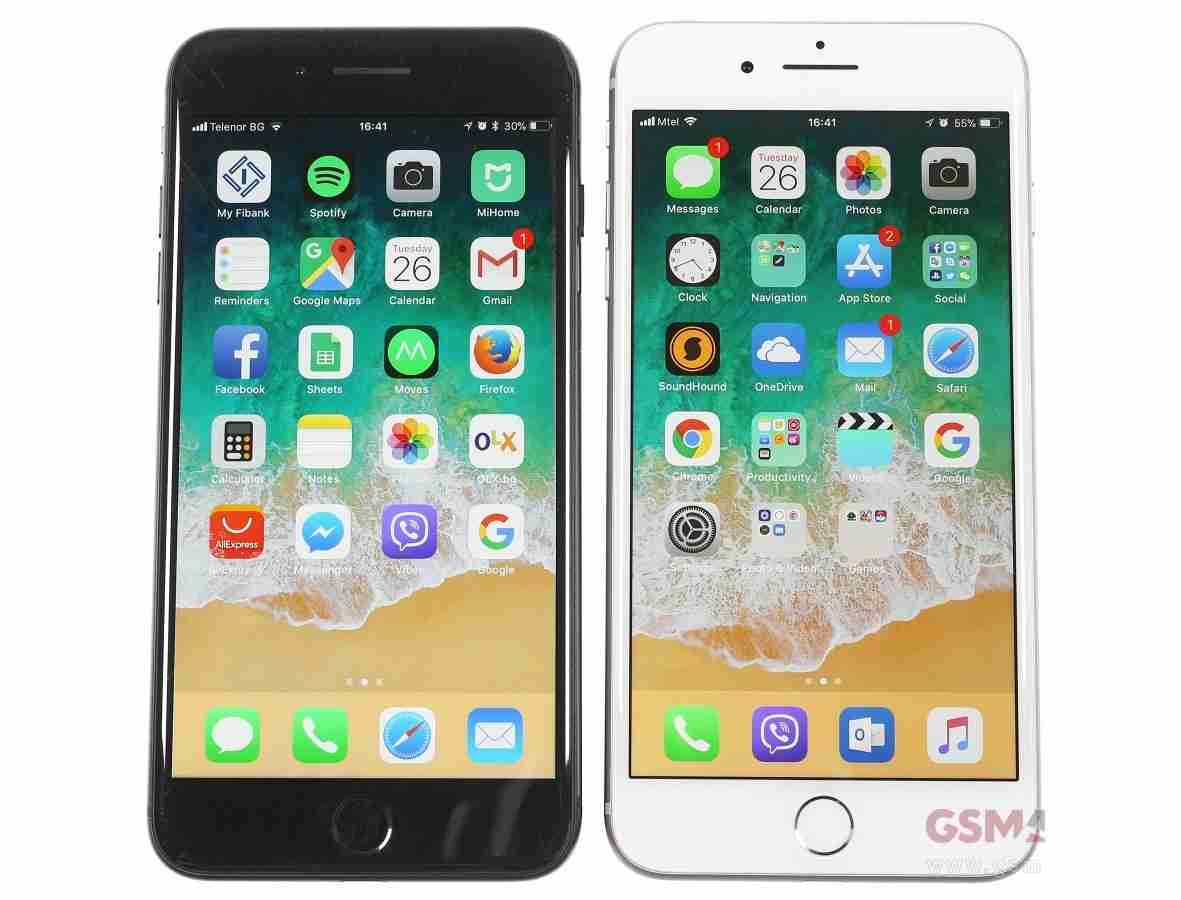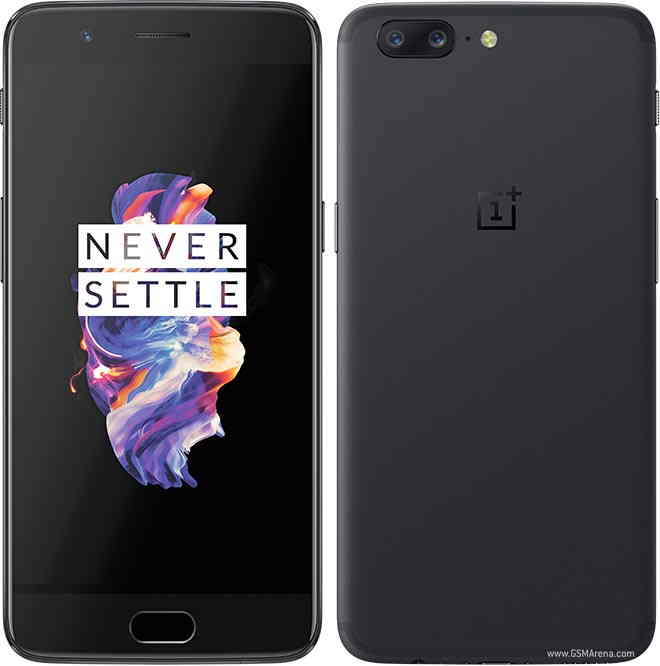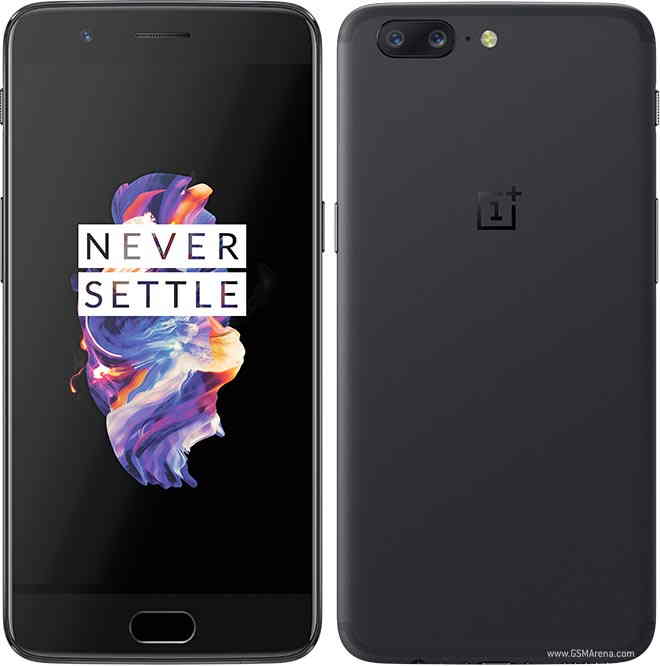
Apple’s iPhone XS and iPhone XS MAX run on the company’s new A12 chipset, a super-powered ARM SoC that could well pave the way for cheaper, ARM-powered MacBooks
Crazy? Not really – just look at how Apple’s A12 chipset compared to some of the top desktop processors on market right now:
Reddit user WinterCharm, after reading reviews of the iPhone XS Max, decided to do some investigating of his own. He compared Apple’s A12 chip with Intel’s Xeon 8176 and Core i7-6700k, and AMD’s EPYC 7601 on the Spec2006 benchmark.
As you can see from the results below, things were pretty interesting:
Bottomline? Apple’s A12 chipset is approaching or exceeding the performance of some desktop processors. If Apple wanted to use the A12 inside a MacBook right now, there is no reason it could not.
“The main takeaway here is that Apple’s A12 is approaching or exceeding the performance of these competing chips in Spec2006,” noted the post, “with lower clock speeds and less power consumption. The A12 BIG core running at 2.5GHz beats a Xeon 8176 core running at 3.8GHz, in 9 out of 12 of Spec_Int 2006 tests, often by a large margin (up to 44%). It falls behind in 3 tests, but the deficiency is 2%, 6%, and 12%. It also comes quite close to a desktop 6700k.”
Will ARM MacBooks Actually Happen?
Who knows, but Apple certainly has a chipset capable of doing this. The Redditor reckons in 2-3 years, Apple will be so far ahead of the competition, something like an ARM-powered iMac could well be a reality.
He added: "The A12 has almost caught up to x86 desktop and server CPUs (Keep in mind that Intel’s desktop chips are faster than their laptop counterparts) Given Apple's insane rate of CPU development, and their commitment to being on the latest and best process nodes available, I predict that Apple will pull ahead in the next 2 generations, and in 3 years we could see the first ARM Mac, lining up with the potential release of Marzipan, allowing for iOS-first (and therefore ARM-first) universal apps to be deployed across the ecosystem.”
And remember, ALL iPhones in 2018 run this chipset – even the cheaper iPhone XR.
This means Apple’s iPhones are faster than anything else on market, including the incoming Galaxy S10 and Huawei Mate 20 PRO.
Interesting times.






